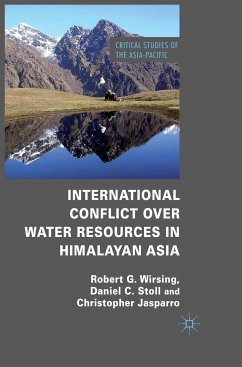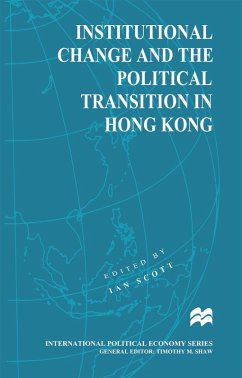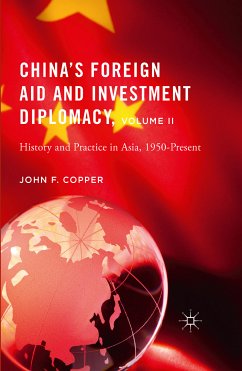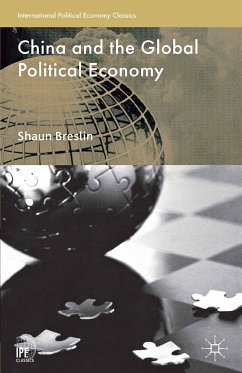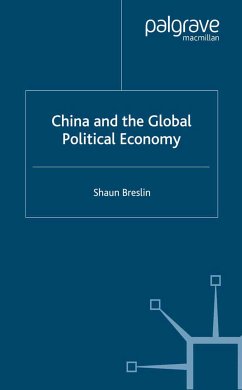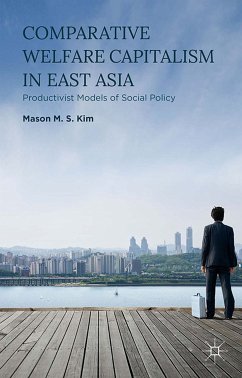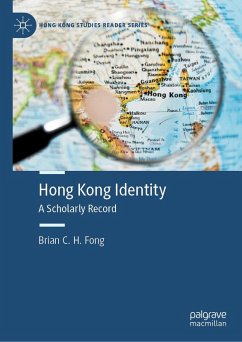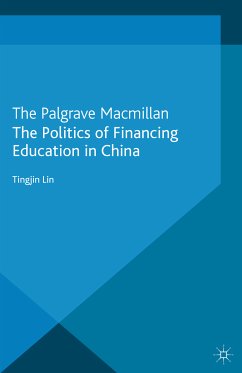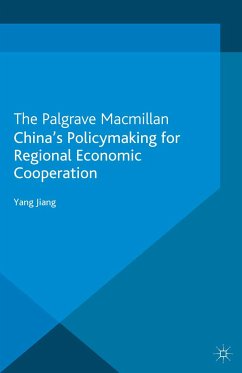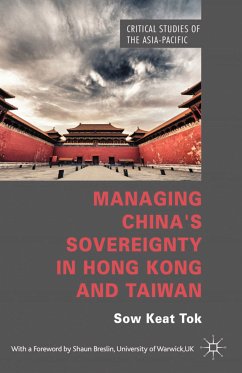
Managing China's Sovereignty in Hong Kong and Taiwan (eBook, PDF)
Versandkostenfrei!
Sofort per Download lieferbar
40,95 €
inkl. MwSt.
Weitere Ausgaben:

PAYBACK Punkte
20 °P sammeln!
Is China always defensive about its sovereignty issues? Does China see sovereignty essentially as 'absolute,' 'Victorian,' or 'Westphalian?' Sow Keat Tok suggests that Beijing has a more nuanced and flexible policy towards 'sovereignty' than previously assumed. By comparing China's changing policy towards Taiwan and Hong Kong, the author relates the role of previous conceptions of the world order in China's conception of modern 'sovereignty', thereby uncovers Beijing's deepest concern when dealing with its sovereignty issues.
Dieser Download kann aus rechtlichen Gründen nur mit Rechnungsadresse in A, B, BG, CY, CZ, D, DK, EW, E, FIN, F, GR, HR, H, IRL, I, LT, L, LR, M, NL, PL, P, R, S, SLO, SK ausgeliefert werden.



